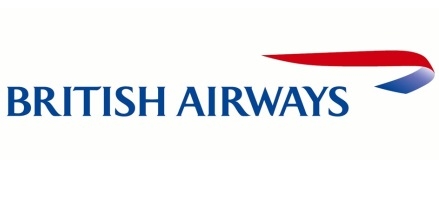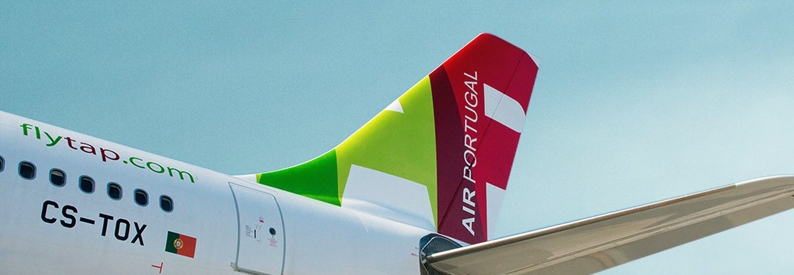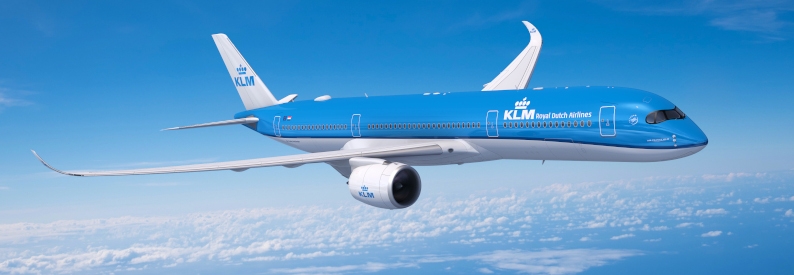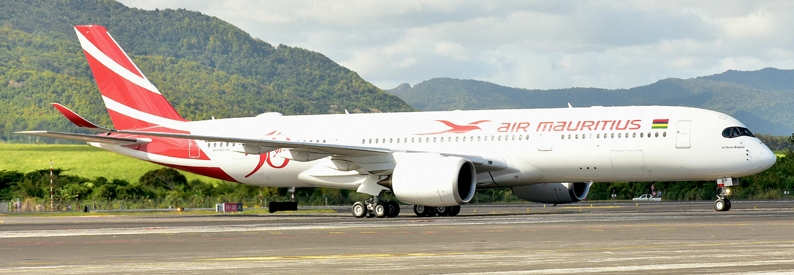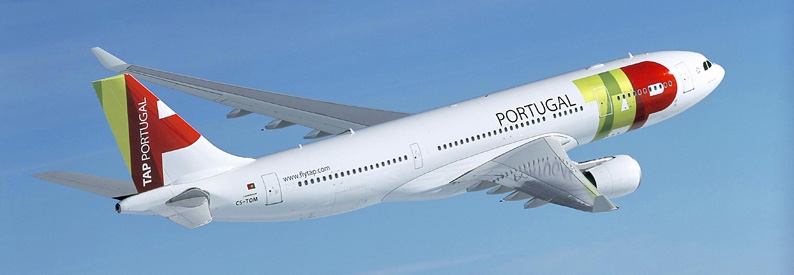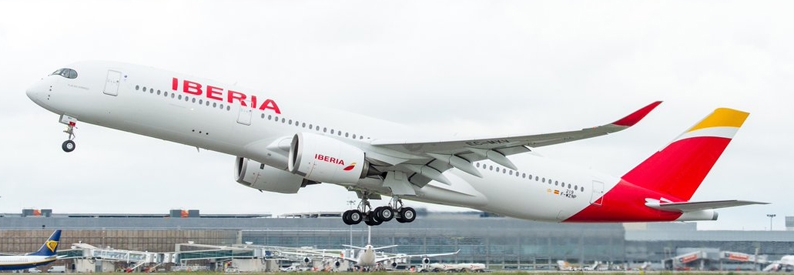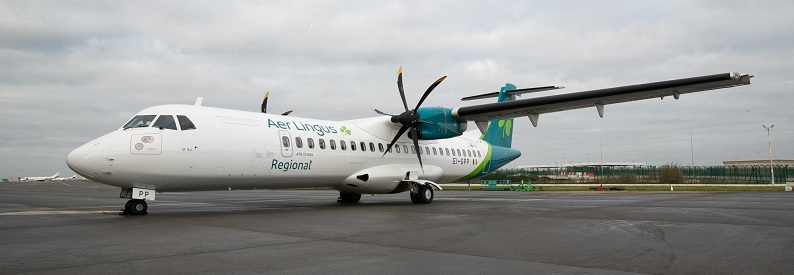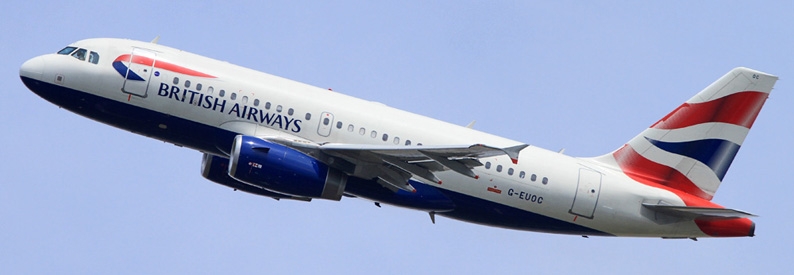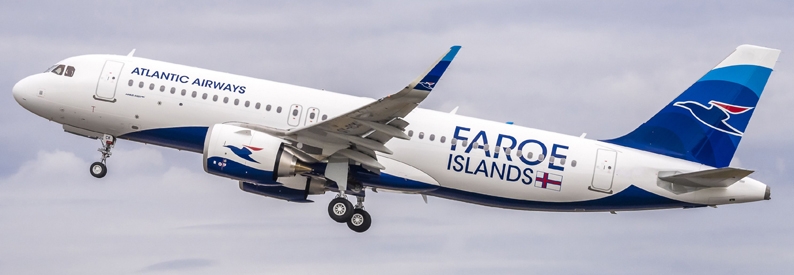American Airlines Group and IAG International Airlines Group must continue to offer competitors four airport slots on three routes between the United Kingdom and the United States until March 2026, according to a decision by the UK competition watchdog.
The routes affected are London Heathrow or London Gatwick to Dallas/Fort Worth and Miami International (one slot each), and London to Boston (two slots).
A tender process will be held in Autumn 2023 to allow new entrants to apply for slots on the routes concerned, according to an April 4, 2022, decision by the UK’s Competition and Markets Authority (CMA).
This follows its decision on the same date to extend until the IATA Winter 2025/2026 season, interim measures first announced on September 17, 2020, which oblige American Airlines and IAG Group member airlines to free up the four slots on the three routes concerned.
The measures have enabled competitors to enter the routes, including United Airlines on London-Boston; Delta Air Corporation on Boston-Dallas; and Virgin Atlantic (VS, London Heathrow) on the Miami route via Atlanta Hartsfield Jackson, the CMA said.
According to the regulator, the IAG Group holds more than 700 slots and American Airlines more than 40 slots at Heathrow, with IAG holding 170 at Gatwick. “In the context of that wider slot holding, a requirement to continue to release four slots is unlikely to have a very significant effect on their business,” it said.
The interim measures were due to end in March 2024. Still, the CMA has decided to extend them as it needs two more years to complete its ongoing investigation into the Atlantic Joint Business Agreement (AJBA) between American Airlines and the IAG Group, which includes British Airways, Iberia, Aer Lingus, and Finnair.
The CMA’s investigation started in 2018 but has been delayed by the COVID-19 pandemic and because air transport recovery is taking longer than anticipated. UK slot waivers that have been in place since March 2020 have also allowed airlines either to reduce frequencies or temporarily cease operations on transatlantic city pairs, including on the concerned routes.
The CMA probe has prioritised five London to US city-pair routes: London-Boston; London-Chicago O'Hare (premium market only); London-Dallas; London -Miami; and London-Philadelphia International. “The CMA continues to have a reasonable suspicion that, in relation to the routes of concern, the AJBA has as its object and effect, the prevention, restriction, or distortion of competition,” it states, adding that no evidence has been produced to suggest otherwise.
The case goes back to the establishment of the AJBA in 2008, which provided for extensive cooperation on transatlantic routes between American Airlines, British Airways, and Iberia, including on pricing, capacity, scheduling coordination, and revenue-sharing. The European Commission (EC) investigated the AJBA in 2009/2010 resulting in provisional findings that the pact may breach European Union (EU) competition rules. It subsequently accepted commitments from the airlines to address competition concerns on six transatlantic routes for ten years until July 2020.
In July 2010, the US Department of Transportation (DOT) granted anti-trust immunity to the AJBA. It subsequently extended it in December 2020 to include the Aer Lingus Group, which had joined the AJBA in 2017.
The merger between American Airlines and US Airways created an overlap on the London-Philadelphia route with British Airways, but the EC cleared the merger on August 5, 2013, after accepting certain commitments from the airlines. These included that entrants would have so-called grandfathering rights to use the slots on any route subject to EC approval. This saw American Airlines releasing slots to Delta, which used them to provide a competing nonstop service until April 2018. American Airlines has since tried to have the grandfathering clause dismissed. The matter is still under appeal at the Court of Justice of the European Union (CJEU).
- Type
- Base
- Aircraft
- Destinations
- Routes
- Daily Flights
